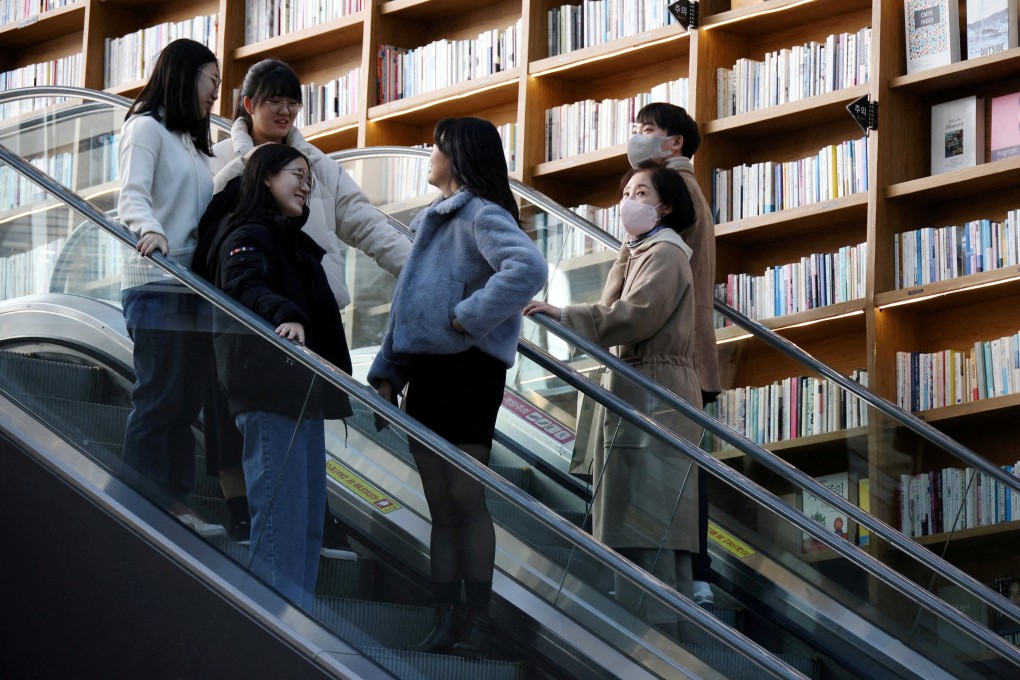Coronavirus: South Korea to lift quarantine mandate for Covid-19, end testing for travellers
- Health officials will continue to recommend people isolate for five days if they test positive for the virus – seven-day quarantines had been required for virus carriers
- Testing recommendations for international arrivals will end on June 1. Travellers had been advised to take PCR tests within three days of arriving in the country

South Korea will drop its Covid-19 quarantine requirements and end testing recommendations for international arrivals starting next month after the World Health Organization (WHO) declared the end of the global health emergency.
In lowering the coronavirus alert level from “critical” to plainly “alert” starting on June 1, health authorities will also lift mask mandates in pharmacies and small clinics but will continue require mask wearing in large hospitals and long-term care facilities and other medical venues with high infection risks.
The decision was announced during a meeting attended by President Yoon Suk-yeol, where he thanked the country’s medical workers and said it was “delightful that people are getting their normal lives back after three and a half years.”
He said his government will take steps to improve the country’s capacity to deal with future pandemics, including providing stronger support for vaccine developments and expanding international cooperation.
South Korea has been requiring seven-day quarantines for virus carriers. While the mandate will be lifted from June 1, health officials will continue to recommend people to isolate for five days if they test positive for the virus, the Korea Disease Control and Prevention Agency said. Travellers had been advised to take PCR tests within three days after arriving in the country, but that recommendation will also be lifted.
South Korea had maintained a stringent Covid-19 response based on aggressive testing, contact tracing and quarantines during the earlier part of the pandemic, but has eased most of its virus controls since last year as the Omicron variant’s surge rendered those containment strategies irrelevant.

